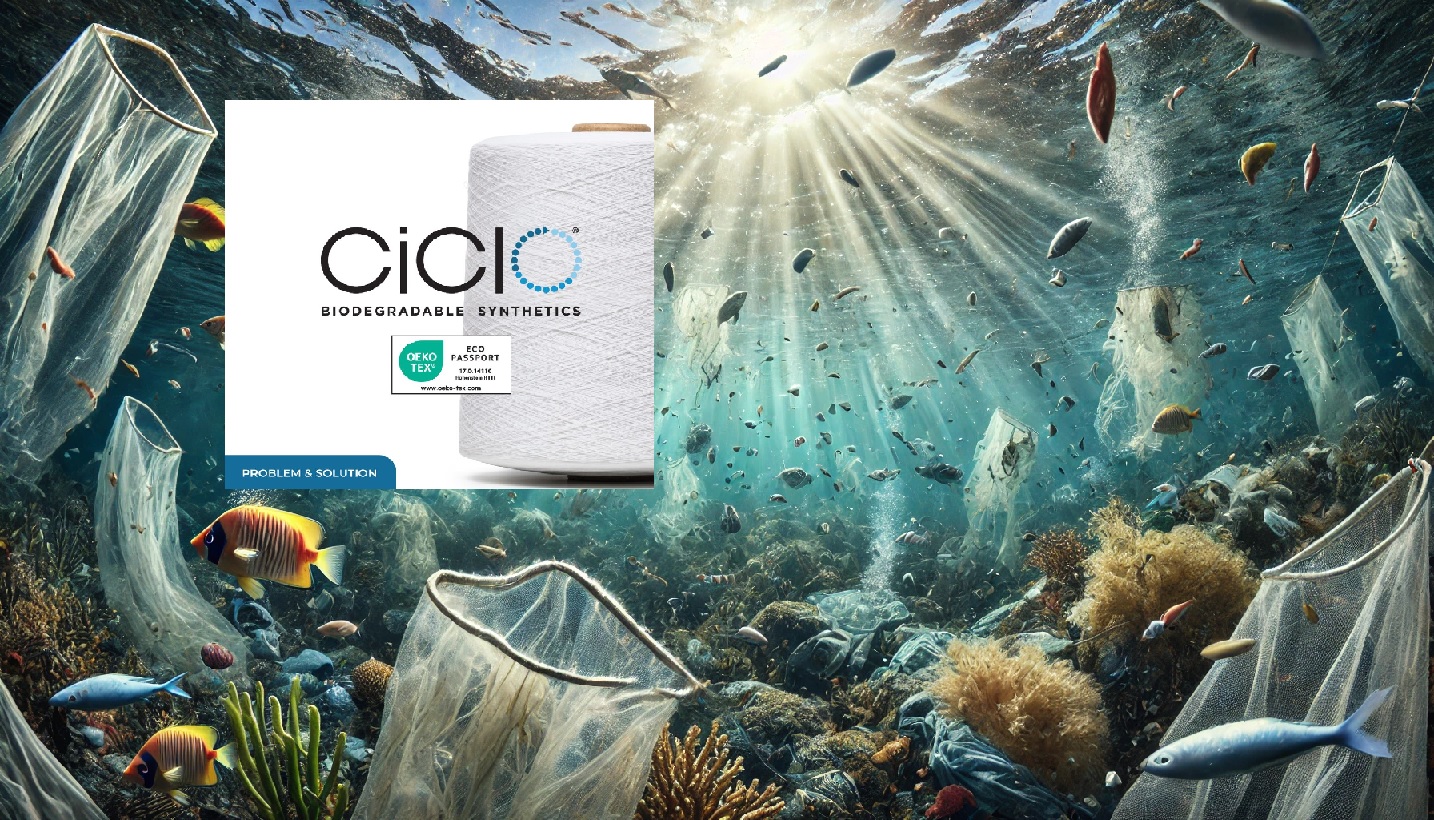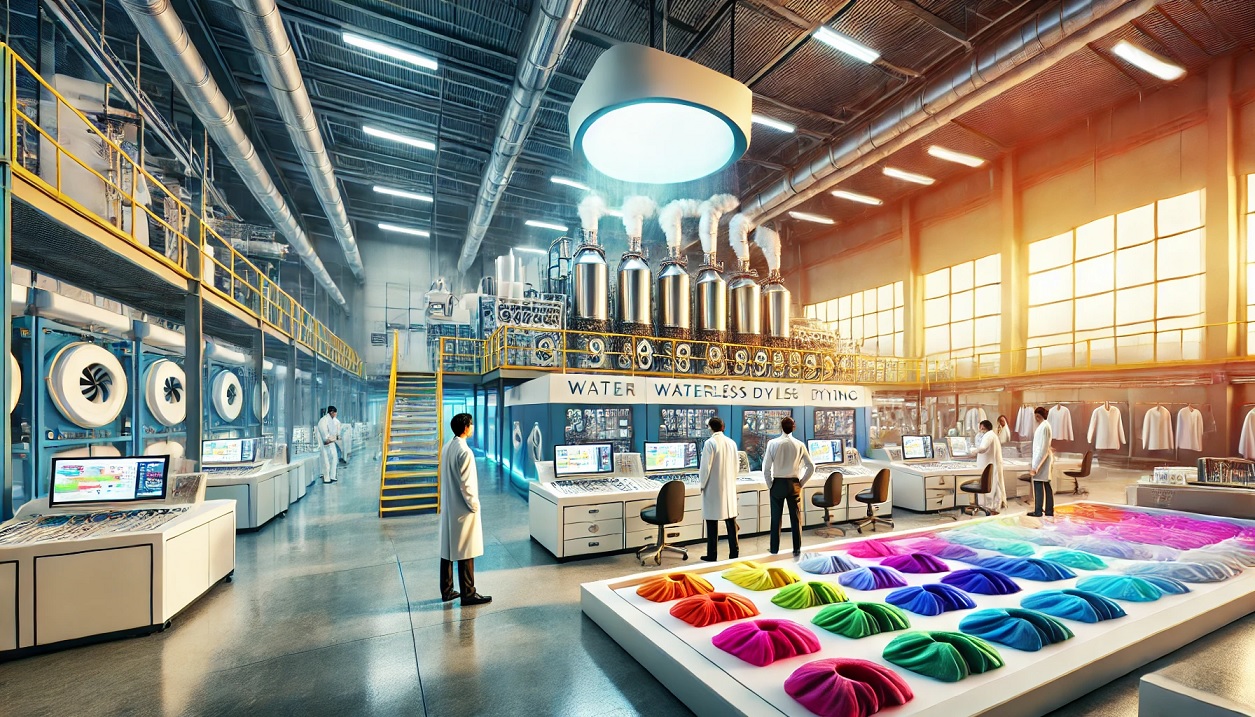The Environmental Impact of Spandex Production
Spandex, a staple in performance wear, is traditionally produced using petrochemicals. This contributes significantly to environmental pollution due to reliance on fossil fuels. The conventional manufacturing processes are energy-intensive. They also involve harmful emissions, making the need for sustainable alternatives more pressing.
The Limitations of Traditional Spandex
The production of traditional spandex involves butanediol (BDO), a chemical primarily derived from fossil fuels like coal and natural gas. This reliance exacerbates the carbon footprint of the textile industry and poses challenges in recycling. The integration of spandex into fabrics complicates the recycling process due to its synthetic nature.
Solution: Hyosung TNC and Geno’s BIO BDO Innovation
In a bold move towards sustainability, Hyosung TNC, has partnered with Geno to create a groundbreaking solution. The solution is bio-based BDO derived from sugarcane. This collaboration marks the establishment of the world’s first fully integrated manufacturing site for bio-based spandex, setting a new standard in the textile industry (Hyosung Performance Textiles) (Hyosung Performance Textiles).
Transformative Technology
Utilizing Geno’s innovative technology, Hyosung TNC can now produce BDO by fermenting sugars derived from sugarcane, replacing the need for fossil raw materials. This not only diminishes the environmental impact but also propels the production of their certified regen™ BIO Spandex. This bio-spandex is manufactured at a facility in Vietnam, boasting a start with an annual capacity of 50,000 tons and plans to scale up to 200,000 tons to meet growing market demands (Hyosung Performance Textiles) (Hyosung Performance Textiles).
Sustainability and Market Impact
The production of regen™ BIO Spandex is anticipated to achieve up to an 80% reduction in carbon footprint compared to traditional methods by 2026. Hyosung TNC has also secured ISCC+ international certification, reinforcing its commitment to sustainable production practices (Hyosung Performance Textiles).
Conclusion: Leading a Material Transition
Hyosung TNC’s partnership with Geno is a significant step forward in transforming the textile industry. By integrating sustainable practices from raw material to final product, Hyosung is paving the way for a future where high-performance textiles are also environmentally responsible. This move not only meets the current demands for sustainability but also sets a precedent for other companies in the industry to follow.
For further information about Hyosung TNC’s innovative strides in sustainable textile solutions, visit their official blog here.



